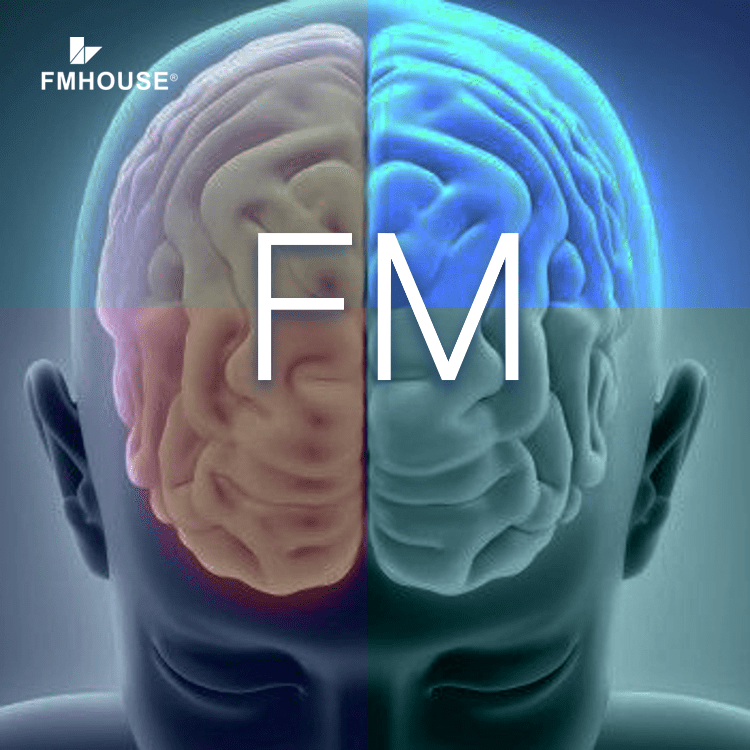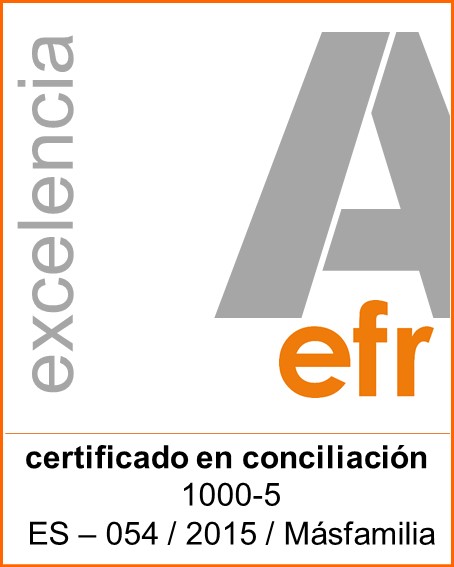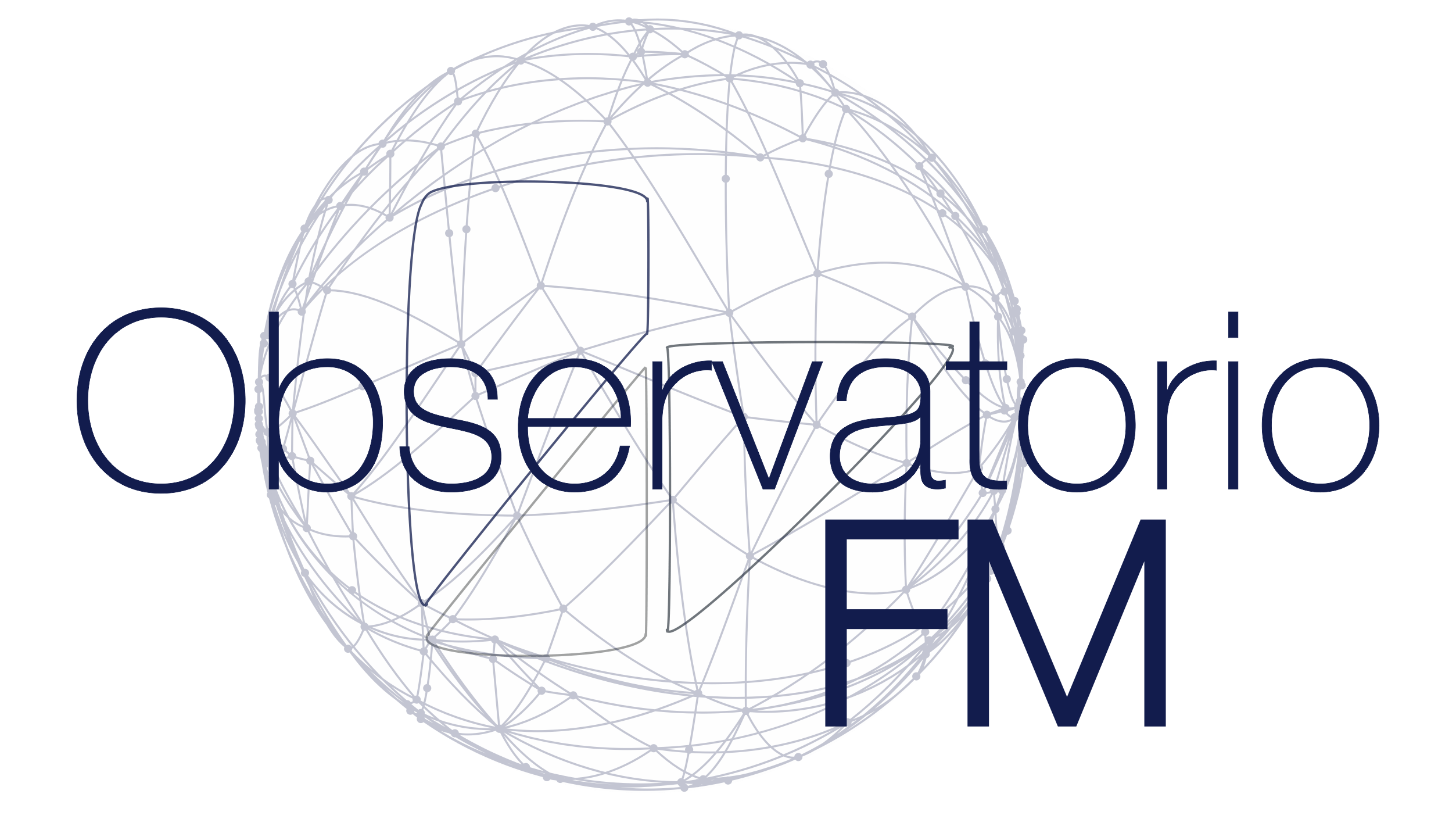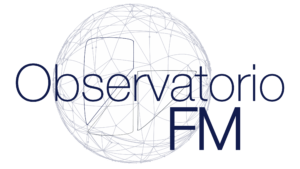FM is a dealer who can, legally, help produce 4 of the substances that trigger happiness and enhance people’s emotions. This is done naturally and as part of the work process. Being aware of how these substances are produced can help us to justify why we do so or to account for making certain decisions.
Dopamine, oxytocin, serotonin and endorphin are the four best known “drugs” in this category. Let’s examine what effects they have and how we can activate them within the functions of the Facility Management department.
Dopamine
This neurotransmitter is present in various areas of the brain and is key to the organism’s motor functions. Dopamine is important in all nervous responses related to the expression of emotions. It also optimises behaviour and cognition as well as improving memory, concentration, learning and very importantly, our mood.
People have and produce different quantities of dopamine. One needs the right amount, since it is just as bad to have too little as too much. Music, yoga can both stimulate the production of this neurotransmitter, and FM can contribute by making rooms available for this purpose. Food also helps, especially food with antioxidants, so access to fruit and vegetables is a good practice. Nap pods, such as those provided by Facebook or Google, are another option, as sleep is a good way to increase levels of dopamine. Despite being harder to achieve, there are other activities that boost dopamine, such as setting goals, celebrating achievements and completing tasks. Discovering new things or indulging in a treat also have the same effect. Might FM be able to do something regarding the latter like offer free fruit on Fridays?
Oxytocin
Oxytocin is a hormone produced in the hypothalamus which exerts functions in the central nervous system modulating social, sentimental and parental behaviour. Also known as the love hormone, it plays a key role in many aspects of childbirth and naturally occurs both in men and women. It is released during social bonding and when trusting and generous relationships are formed. It significantly reduces anxiety and increases the pain threshold. It is reported to generate positive thoughts and improve social conduct.
Making physical and eye contact with other people triggers production of this hormone, hence remote working may result in deficiency. Oxytocin levels also increase through contact with animals, a fact Uber and Airbnb, which both have pet-friendly office policies, are well aware of. Exposure to nature produces the same effect, whether it is inside or outside one’s workspace. A simpler approach may be to use herbs such as rosemary, parsley, thyme, mint or dill to season food. Meditation also helps and can be encouraged by providing rooms for this purpose. Nevertheless. we are unable to give positive feedback or to listen to people, another two powerful ways to boost oxytocin levels.
Serotonin
Serotonin is a neurotransmitter which modulates emotions and mood. It also regulates appetite and body temperature. It is a key component in mechanisms that control anxiety, fear, distress and aggression. Low levels may lead to depression. This hormone plays an important role in the formation and maintenance of bone structure and is implicated in maintaining healthy cardiovascular functions.
In order to produce serotonin, tryptophan (found in foods such as milk, eggs and pulses), omega-3 fatty acids, zinc and magnesium must all be present in the organism. Owing to the close correlation with the hypothalamus, exposure to sunlight plays a key role in the synthesis of serotonin. This aspect can undoubtedly be addressed by FM when designing and distributing workplaces. Other activities are related to charity and good deeds. These may not lie within the responsibility of the support department, but promoting benevolence can be beneficial for everyone. Remembering happy events and strengthening personal bonds, which might be achieved by fostering group work, are other triggers.
Endorphins
Endorphins are also neurotransmitters that act on receptors in our brain, which in turn function as powerful painkillers and stimulate pleasure and well-being. They are eliminated from the organism soon after they are produced, to ensure the body can detect alarm signals.
Playing sport, especially aerobic activities such as running, is regarded as the best way to increase endorphins. FM can help provide facilities such as showers or changing rooms to encourage the practice, and if you are Nike, you can even install your own running track in the office. Drinking good coffee may be another way to activate neurotransmitter receptors, and this can be triggered merely by its aroma. Believe it or not, some companies like Microsoft in Dublin have their own coffee roaster: they roast the coffee beans right next to the workplace, and now we understand one of the potential reasons. Endorphins are also released when we engage in pleasant things such as laughing, dancing, being with friends or performing our favourite hobbies; things we can’t always do in the workplace… or can we?
This post is not intended to be a scientific article. Due to the fact that research is ongoing, there are theories of what different hormones and neurotransmitters can do and discrepancies on how they are released. The purpose of this text is to highlight the key role of Facility Management and explain how it can influence happiness and well-being in a more tangible way.









